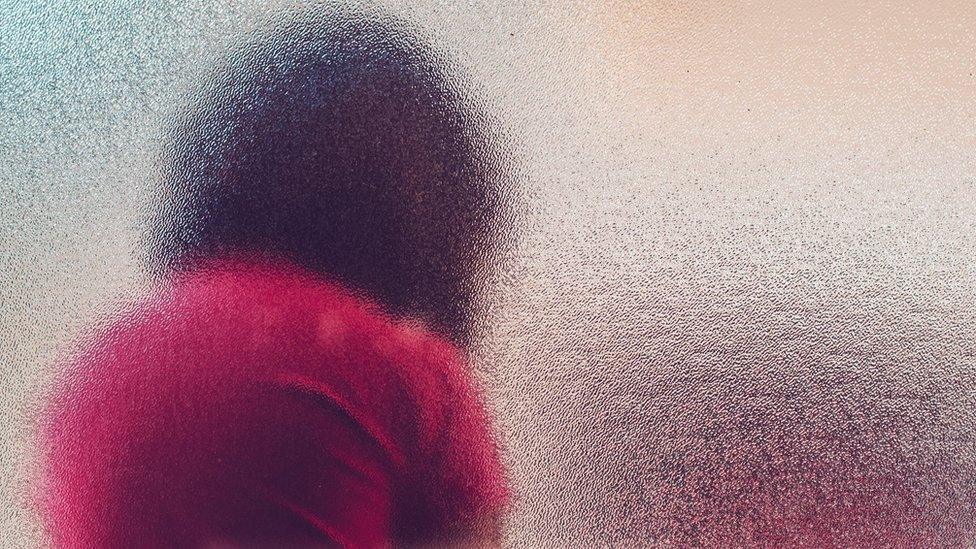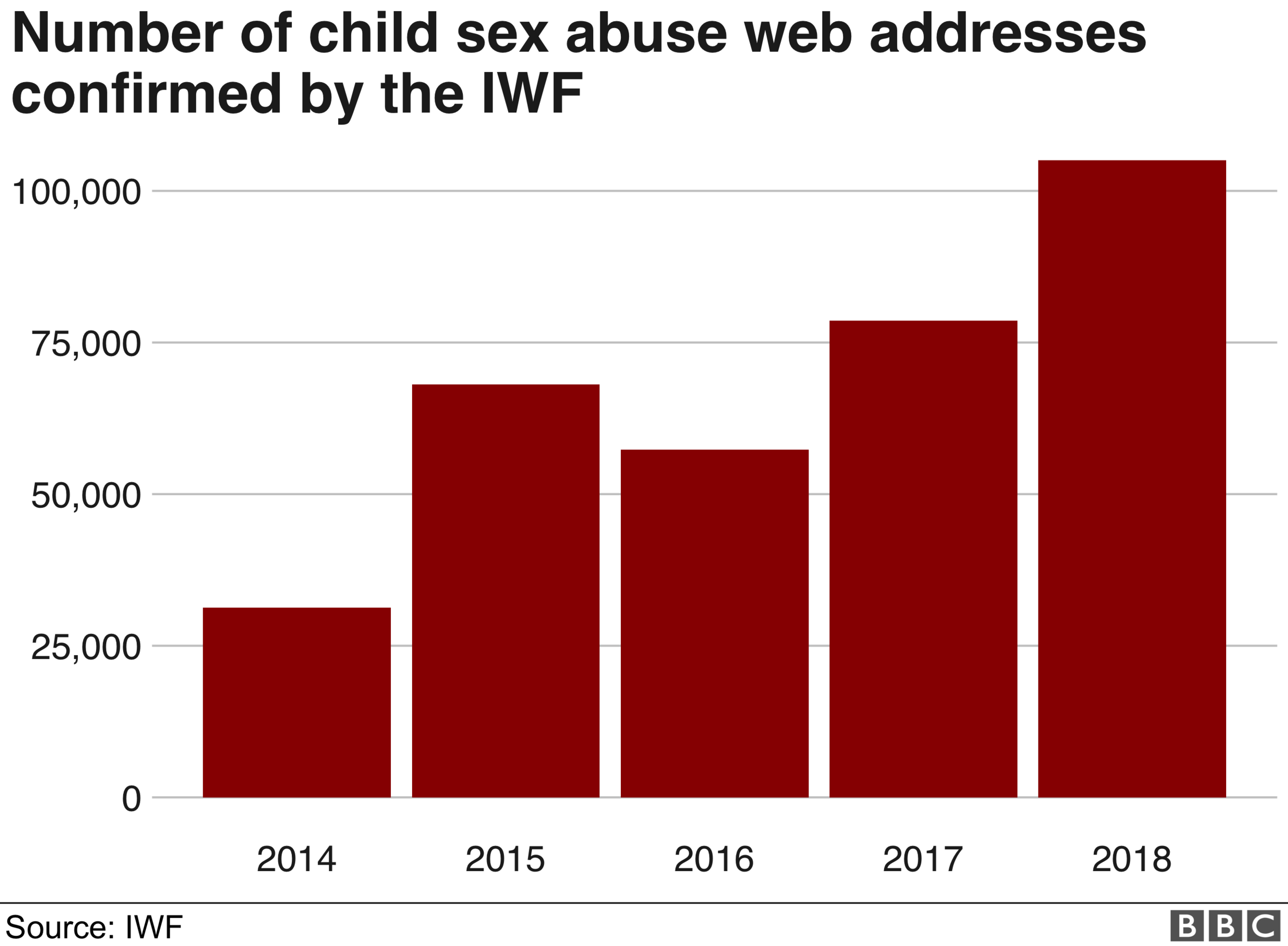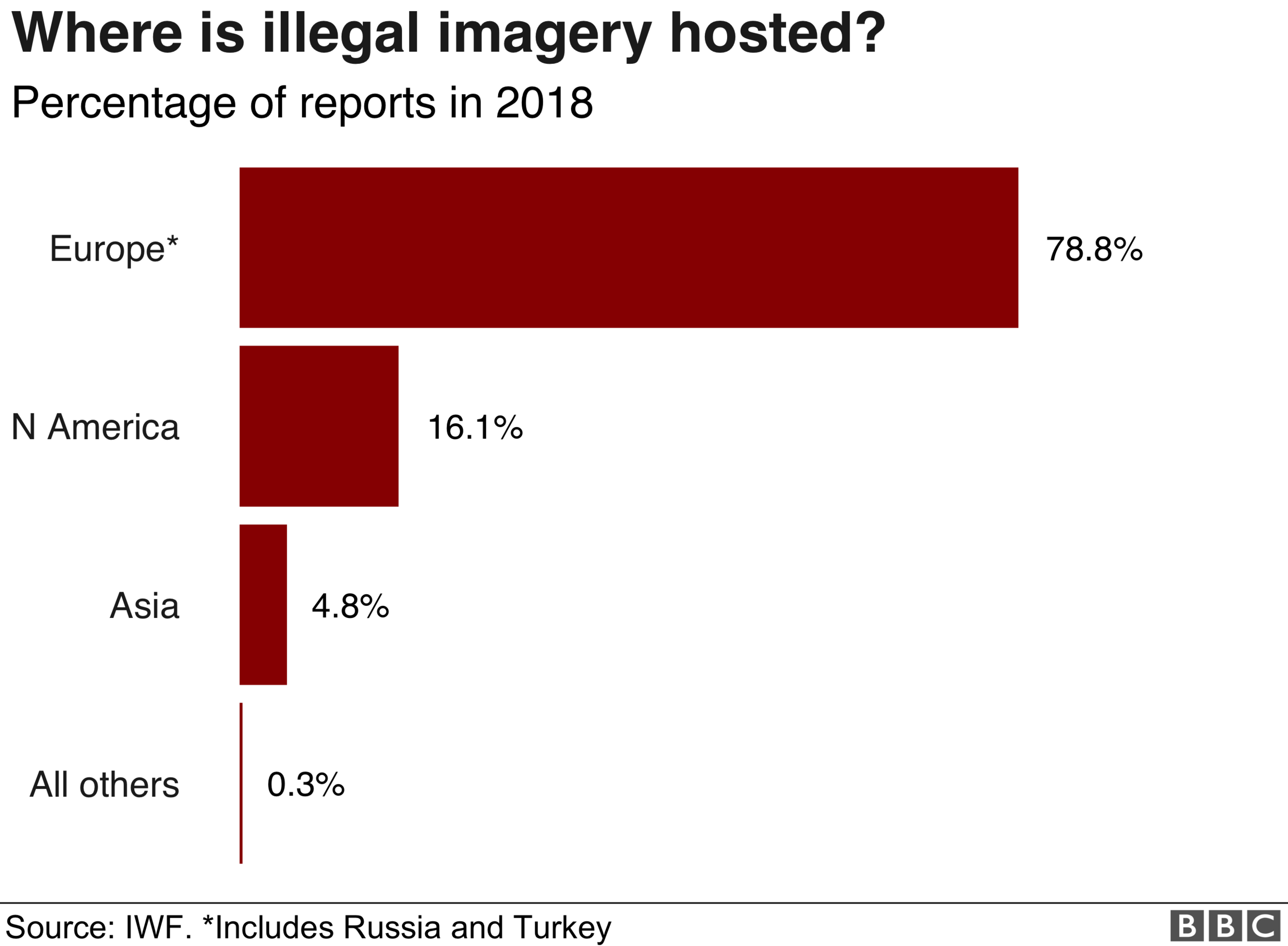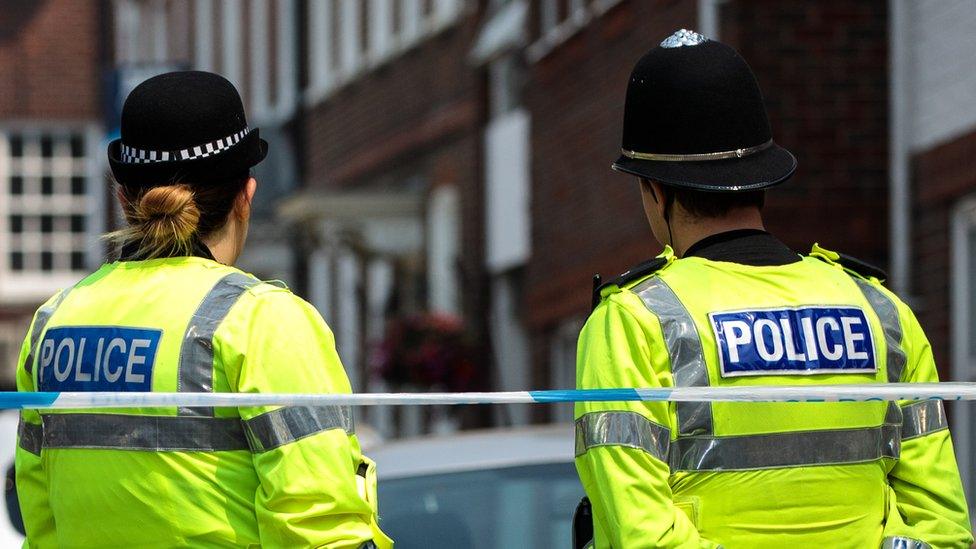Netherlands 'hosts most child sex abuse images'
- Published

Almost half of the child sexual abuse images reported to the Internet Watch Foundation last year were hosted in the Netherlands, the organisation says.
It confirmed more than 105,000 web addresses were connected to illegal images in 2018, with 47% of the content hosted in the Netherlands.
It warned that the country was becoming a "safe haven for child sexual abuse".
The Dutch government has acknowledged an increase in reports of child abuse images and has pledged to tackle it.
Such material should be "expunged from the internet," it said in a report early in 2018, external.
What was in the report?
The IWF is an independent organisation that lets people report illegal child sex abuse images that they spot online.
The organisation works with websites, social networks and law enforcement to have the images taken down and investigated. Since 1996, it has assessed more than a million reports.
In its annual report, the IWF said 105,047 web addresses were hosting child sexual abuse images in 2018.
That is a large increase compared with 2017. The IWF said that improvements in its technology had helped it detect more illegal images.

Susan Hargreaves, chief executive of the IWF, said the UK had created a "hostile environment" for people wanting to share illegal images.
Just 0.04% of the images reported in 2018 were hosted in the UK, the report said.
But Ms Hargreaves said the Netherlands needed to "stand up and do what's right".
A majority of the reported photographs - 82% - were found on image-hosting services, rather than on social networks or private websites.

Some of these services are based in the Netherlands due to the low cost of web-hosting there.
The IWF declined to name any of the image-sharing sites that had been found hosting child abuse images. It told the BBC it works with companies to make sure that content is removed.
It said it had also offered its support to the Dutch organisation responsible for dealing with illegal images in the country.
One of the reasons the number of images hosted in the United States was lower is because US tech giants such as Facebook are quick to remove them before reports reach the IWF.
Home Secretary Sajid Javid welcomed the IWF's report. He said tackling child sexual abuse imagery was one of his "personal missions".
- Published28 March 2019
